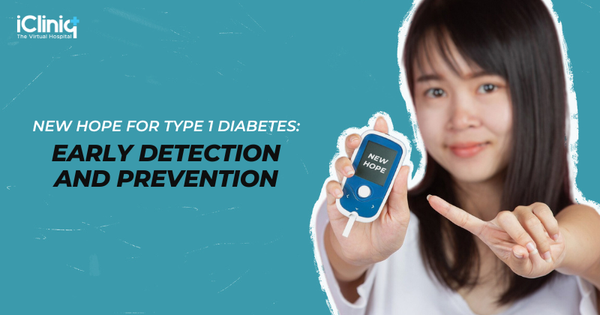Let Us Talk It Out: Mental Health Awareness

The last few years have been difficult for all of us, particularly with the impact of COVID-19 and everything that comes with it, including vaccinations, isolation, working from home, thrown-off schedules, and the lack of social interaction. And one closely-related impact that keeps garnering media attention is the shifting focus on mental well-being.
Every year, 13 % of children, 46 % of teenagers, and 19 % of adults experience mental illnesses. It is an internal crisis that involves a change in emotions, way of thinking, and behavior. Moreover, it is not something that can be easily identified at first glance.
At this point, raising awareness and educating people about this issue has been the “talk” on social media, particularly among teenagers. More on ways to fight for mental well-being follows…
1. Are Magic Pills the Only Scope of Mental Health?

Nah! A common misconception that most of us have is: antidepressants are a panacea for “fixing” mental illness. As a matter of fact, one should know that antidepressants are not a one-size-fits-all treatment. Before finding the right pill, trying several different types or combinations of antidepressants and tolerating their side effects in itself is a major task – you might relate if you had been there! While antidepressants can help improve the mood, they are not euphoria-inducing wonder drugs. Seeking professional help from a doctor is very important before starting on these so-called “magic pills.”
2. How Can You Combat It?

Studies show that the stigma against mental illness is still strong, largely because of media stereotypes and a lack of education. People tend to associate mental health conditions with negative stigmas much more than they do with other illnesses and disabilities. This is true even though the general perception of mental illness has improved over the past few decades.
* Talk It Out Openly: Talking about the struggles of PTSD (post-traumatic stress disorder) or depression will not only help you get a load off your chest but also reassure others suffering in much the same way.
* Let Us Talk: You might be reluctant to disclose your mental illness. Your family, friends, or other community members can support you if they know about your mental illness. Reach out to those you trust to get the empathy, understanding, and support you need.
* Seek Help: You might think that you do not need help. Do not hesitate to seek help because you are worried about being diagnosed with a mental illness; mental illness is like any other physical illness and is nothing to be ashamed of. Treatment can offer relief by figuring out what is wrong and easing symptoms that interfere with your personal and professional life.
* Do Not Equate Yourself to Your Illness: You are not a disease. Therefore, use the phrase “I have bipolar disorder” rather than “I am bipolar.” Say, “I have schizophrenia,” rather than “I am a schizophrenic.”
* Sign Up for a Support Group: Some regional and national organizations, like the National Alliance on Mental Illness (NAMI), provide regional initiatives and online resources that work to break down stigma by educating those affected by mental illness, their families, and the general public.
3. It Is Ok to Not Be Ok!

Emotional suffering is not something that needs to be kept private or never discussed. Your suffering contains truth and can spur growth only if you first recognize it. Fighting off symptoms in the hopes of recovering from mental illness requires courage and strength. You are incredibly strong for enduring the battles you face every day, although you might feel helpless or powerless against them. You can win your battle with the help of sensible and easy strategies. Making the decision to seek support, accept your condition, and understand the steps you must take to treat it, as well as educating others, can have a significant impact.

Mental illness is no joke, even if it sometimes means painting a smile on your face. The fact that people choose to show up every day despite the internal struggle – counts for something. But if you find yourself “unable to can,” go ahead and milk it. Then reach out to someone who cares, and pick yourself back up. And repeat. We are all winning when we are all trying.





